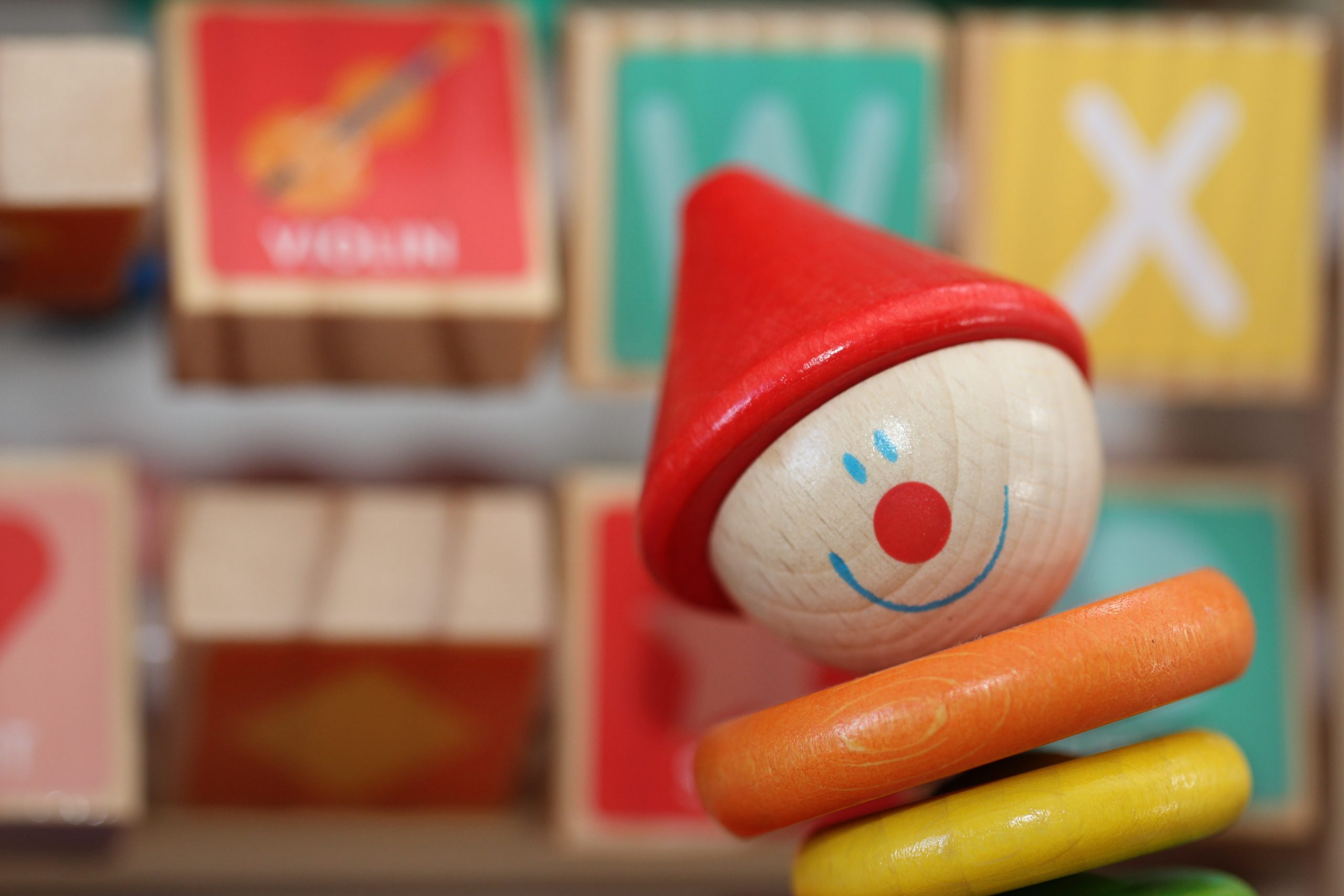Language development begins in the womb. Babies can hear our voices even before they get here. They may not understand language as we do, but they begin to recognize familiar voices. Once they are born, language develops rapidly for the first few years.
Talking to Your Infant For Language Development
The most important thing you can do is talk to your infant. You want to do so in a regular voice with no “baby” sounds. Your baby will begin to talk and make some silly sounds rather than “words,” or the words will have deleted sounds. However, you still need to demonstrate proper speech to your children. The first thing babies do is begin to mimic. They watch your mouth move, and sound comes out. If you watch the baby, their mouths will move, and sound will come out, but it will be small sounds and grunts. Coos, giggles, and ahhhs are also sounds the baby will make when beginning to mimic your interaction. Talking usually but sweetly is the best way to interact with your baby. You do not have to mash sounds and words together to let the baby know you are talking to them. Pitch and tone changes will be sufficient.
Encourage Talking
When your baby begins to make noises, you can encourage sounds and exploration by continuing to talk to your baby. At this point, you can even start to have made-up conversations. Laughing, feigning shock, and smiling will encourage your baby to continue to build language skills and attempt to talk. Additionally, you can ask questions (no, they won’t answer), and you might agree with them. For example, there’s a video of a baby talking and pointing at the television. The dad carries on a conversation as though these grunts, giggles, and noises make sense to someone. The baby is having a great time. This dad does it 100% right. The conversation is entirely made up, but it demonstrates social and language skills to the baby, and the dad is spending time with him.
When to Feel Concerned
Infants aren’t talkers. Even if your child isn’t saying their first word before their peers, this is not cause for concern. Babies will grow and develop at different rates. However, if your six-month-old is not smiling when you enter the room or speak to them, you might be concerned. Additionally, if they aren’t babbling by 8 months, you might want to speak to the doctor. Do not diagnose a speech delay yourself. Speech experts should be consulted when there is a problem. Your doctor will make appropriate referrals if there is cause for concern.
Final Thoughts
You are your child’s best speech/ language teacher. Typically developing children will hit most milestones in order, but they do not always do so. You will get to know your child and their behaviors. You can encourage growth and development just by spending time with your baby and talking to them.
https://nanniesandkidsunited.com/colic/



One thought on “Language Development in Infants”